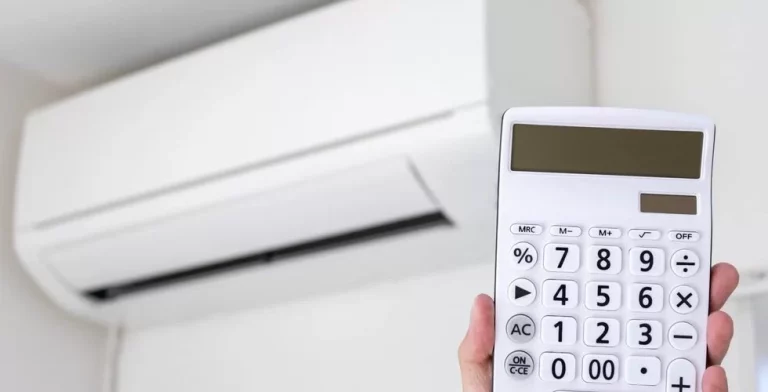If you’re worried about the looming winter and the sky-high cost of energy, then you’re in good company. There’s never been a better time to implement changes in your home, and to improve your overall energy efficiency.
Why does energy efficiency matter?
An energy-efficient home is one that can be more easily and affordably heated. This will provide you with a more comfortable space in which to live, as well as lowering your bills and your environmental impact. Remember that the price cap is per-unit, which means that you’ll spend less by using less.
How can we make a home more energy-efficient?
There are a number of things that you might do to improve the energy efficiency of your home. You might install more efficient appliances, or try to generate energy yourself rather than buying it from the company.
The most important thing for most homeowners, however, is to insulate. Insulation comes in many forms. There’s the wool insulation that you might lay between the joists in your loft. Then there’s the foam insulation that you might inject into the space between your cavity walls.
If you’ve already gotten these installed, it’s worth checking them occasionally to see that they’re in good working order. Insulation that’s been installed improperly risks introducing damp. In some cases, this might lead to a cavity wall negligence claim if left unattended by a professional after checking the home and failing to flag this issue to you. The earlier these problems are spotted, the quicker you’ll be able to do something about them.
Isolating draughts
As well as preventing heat from leaving your home, you should also prevent cold air from blowing in. Cold air can get into the property via many different small gaps. You can use an electronic draught detector to find and seal them. This is a device that you might borrow from a friend, or rent from a specialist.
The most obvious places for draughts to get in is through the space beneath and around your doors. Make sure that they’re sealed using inexpensive compression strips. These are basically long lengths of foam with a sticky back.
Inefficient appliances
Older appliances will tend to run more inefficiently. By replacing them, you’ll save on energy. The major culprits here are almost always boilers. Swap out your old ones for the modern equivalent, and you could save a substantial amount in the years to come.
Generating your own electricity
Installing photovoltaic solar panels onto your roof might make a lot of environmental sense, especially if you need to charge your car during peak hours. You might be able to get government support for the installation of your solar panels – or for a host of other improvements.

